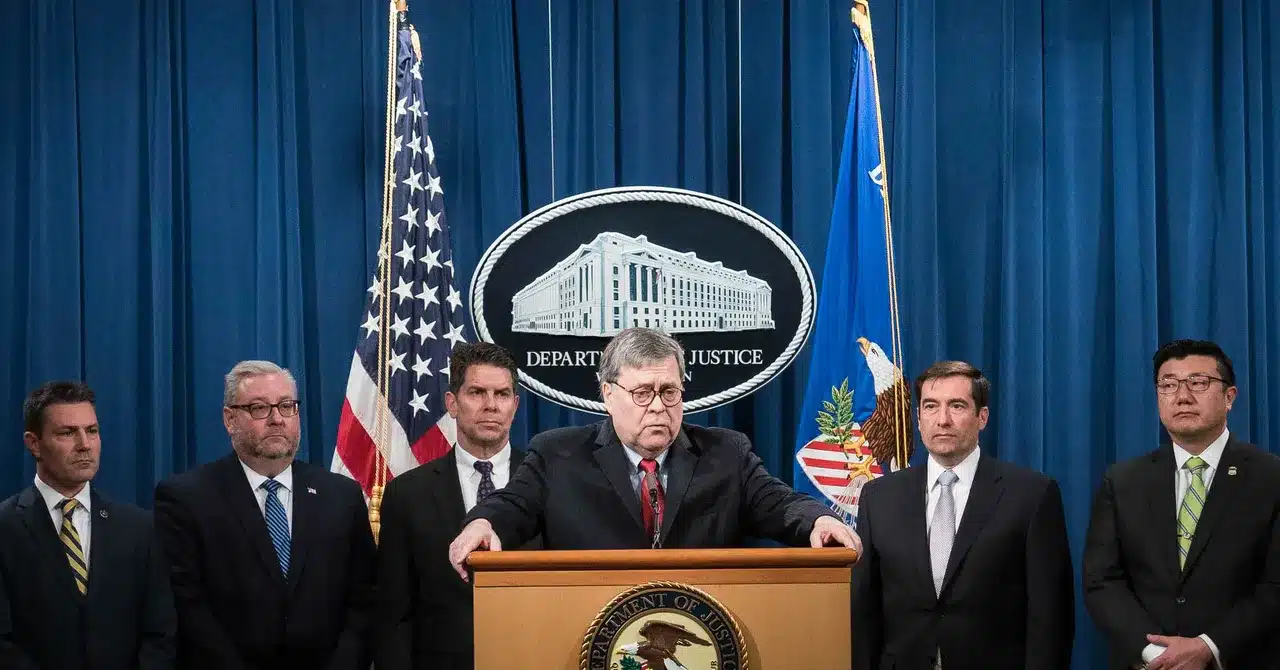US Sanctions Cyberscam Groups Behind $10 Billion Theft from Americans

The U.S. Department of Treasury has imposed sanctions on multiple scam organizations operating in Burma and Cambodia, which are linked to an alarming $10 billion in fraud and human trafficking activities. Announced on September 8, these sanctions target groups involved in various scams, including romance fraud and fake investment schemes, while also addressing serious issues like forced labor and violence. The measures aim to protect American citizens and disrupt the extensive networks behind these criminal operations.
Escalating Threats from Southeast Asia
The U.S. government has reported a staggering 66% increase in funds lost to scams originating from Southeast Asia, highlighting the urgent need for these sanctions. John K. Hurley, Under Secretary of the Treasury for Terrorism and Financial Intelligence, emphasized the dual threat posed by these scams: they not only jeopardize the financial security of Americans but also subject countless individuals to modern slavery. In 2024 alone, unsuspecting Americans fell victim to scams that resulted in losses exceeding $10 billion. The Treasury Department, under the leadership of President Trump and Secretary Bessent, is committed to utilizing all available resources to combat organized financial crime and safeguard American citizens from the devastating impacts of these scams.
Targeting Key Players
The sanctions specifically target two dozen entities, including nine individuals affiliated with the Karen National Army (KNA) in Burma and ten others based in Cambodia. The list encompasses a range of individuals and organizations, including those who control properties housing scam operations, officials from the KNA, energy suppliers powering these centers, and founders of money laundering schemes. The full list of sanctioned entities is accessible through official channels. Being placed on the Office of Foreign Assets Control (OFAC) blacklist results in the freezing of assets under U.S. jurisdiction, prohibiting access to U.S. banks and the dollar-denominated financial system.
Consequences of Sanctions
The implications of these sanctions extend beyond financial restrictions. U.S. citizens, companies, and organizations are prohibited from engaging in business with the sanctioned individuals and entities. This can lead to visa denials and international watchlisting for those affected. Additionally, many non-U.S. banks and businesses may choose to avoid dealings with sanctioned individuals, even if not legally required, due to the potential for penalties or loss of access to the U.S. market. The sanctions serve as a critical tool in the fight against financial crime and human trafficking, aiming to dismantle the networks that exploit vulnerable populations.
Global Impact and Future Actions
The recent sanctions reflect a broader strategy by the U.S. government to address the growing threat of cyber scams and human trafficking in Southeast Asia. As these criminal enterprises continue to evolve, the Treasury Department is poised to take further action to protect American citizens and uphold financial integrity. The commitment to combatting these issues underscores the importance of international cooperation and vigilance in the face of organized crime. The U.S. aims to not only safeguard its citizens but also contribute to global efforts in eradicating modern slavery and fraud.
Observer Voice is the one stop site for National, International news, Sports, Editor’s Choice, Art/culture contents, Quotes and much more. We also cover historical contents. Historical contents includes World History, Indian History, and what happened today. The website also covers Entertainment across the India and World.
Follow Us on Twitter, Instagram, Facebook, & LinkedIn

